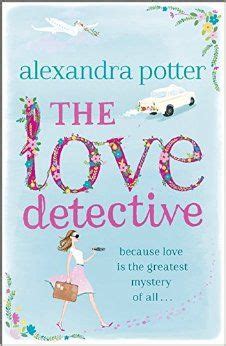A Quote by Ram Dass
One cultivates spaciousness or awareness which allows you to acknowledge the emotions and see them as part of the human condition. Emotions are like subtle thought forms and they all arise in response to something outside yourself. They are all reactions. You cultivate a quietness in yourself that watches these emotions rising and falling and passing away.
Related Quotes
Negative emotions will challenge your grit every step of the way. While it's impossible not to feel your emotions, it's completely under your power to manage them effectively and to keep yourself in a position of control. When you let your emotions overtake your ability to think clearly, it's easy to lose your resolve.
If you hold back on the emotions--if you don't allow yourself to go all the way through them--you can never get to being detached, you're too busy being afraid. You're afraid of the pain, you're afraid of the grief. You're afraid of the vulnerability that loving entails. But by throwing yourself into these emotions, by allowing yourself to dive in, all the way, over your heard even, you experience them fully and completely.
We do express our emotions, our reactions to events, breakups and infatuations, but the way we do that - the art of it - is in putting them into prescribed forms or squeezing them into new forms that perfectly fit some emerging context. That’s part of the creative process, and we do it instinctively; we internalize it, like birds do. And it’s a joy to sing, like the birds do.
Missing someone has to be one of the worst human emotions. All the other feelings like anger and fear and horror get some much more airplay, as if their intensity gives them more value, but whereas those emotions come in violent bursts and are gone again, the gnawing ache of loss has to be simply endured. It's like background noise, it's always there, it never goes away. You just have to try to block it out, distract yourself, hope that tomorrow the hole they left behind has grown a little smaller.
The bottom line in managing your emotions is that you should put others – not yourself – first in how you handle and process them. Whether you delay or display your emotions should not be for your own gratification. You should ask yourself, What does the team need? Not, What will make me feel better?






































